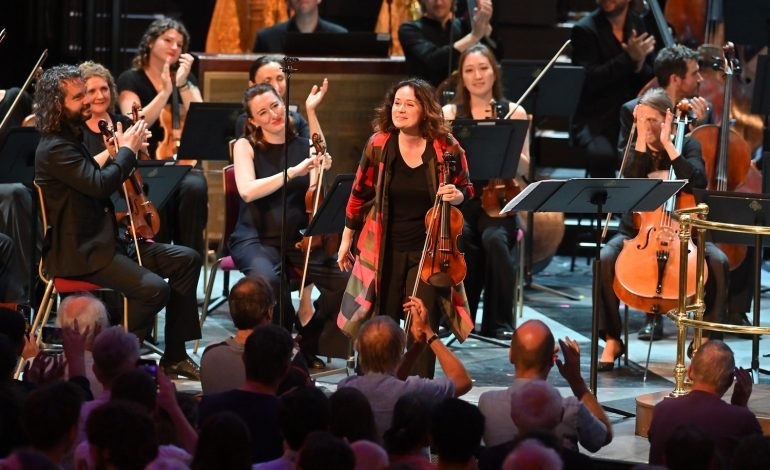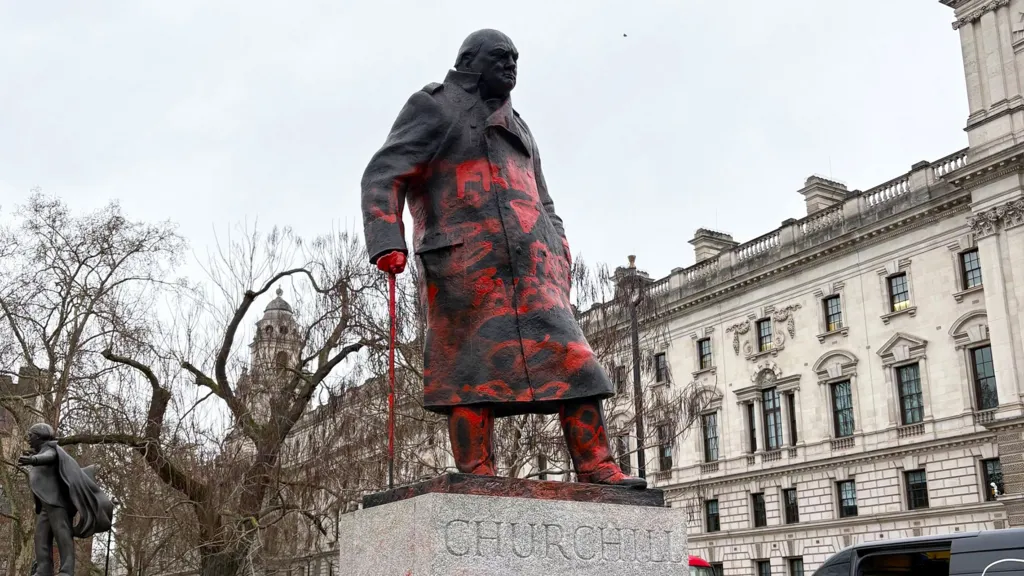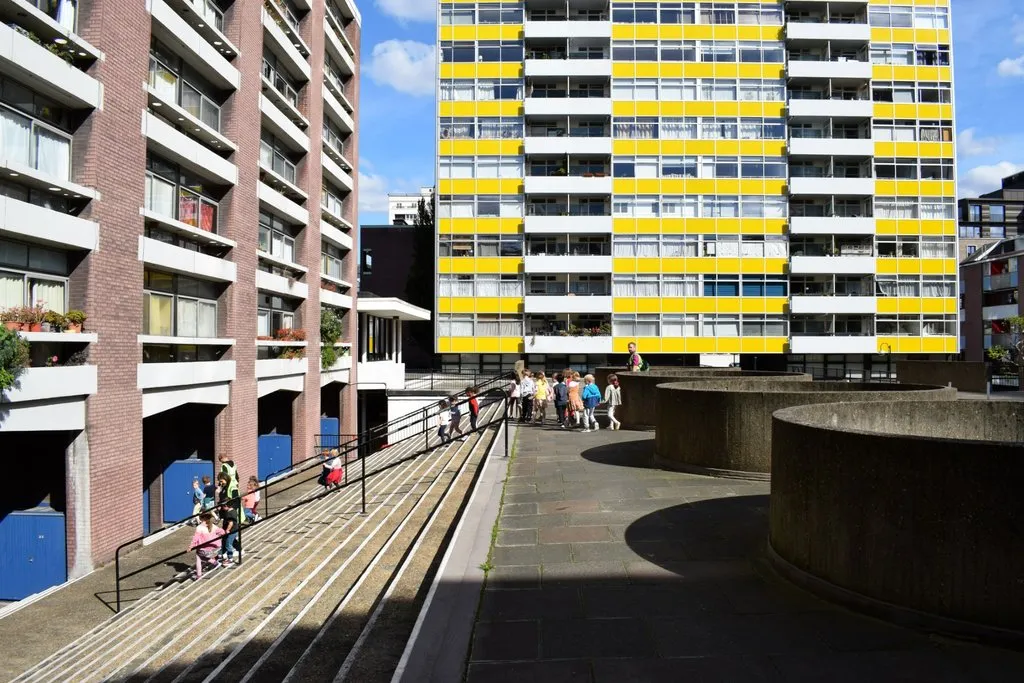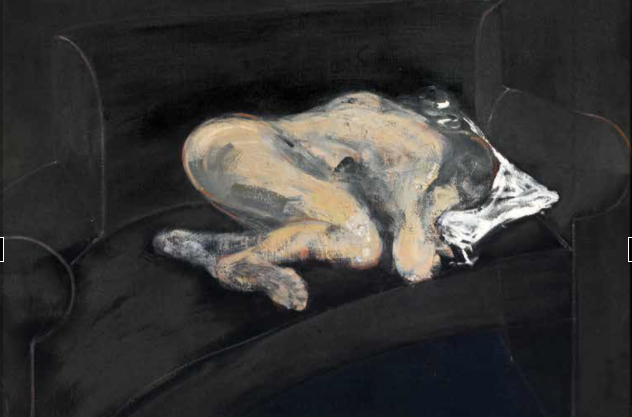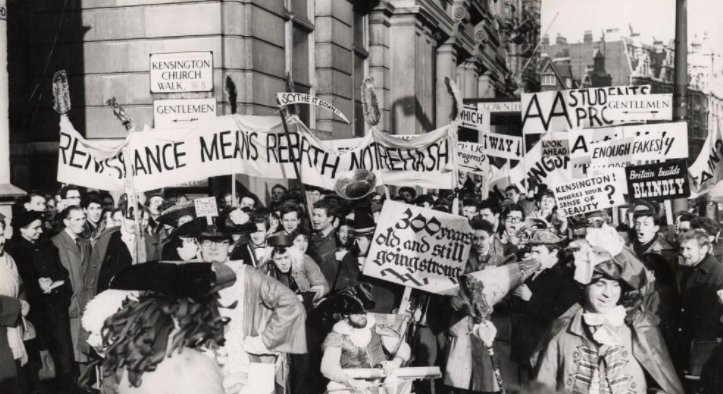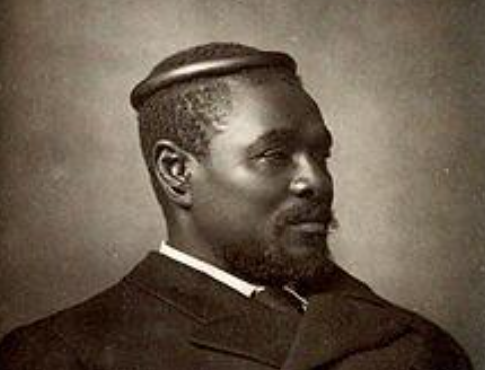Perelada Festival

If you feel you have had enough of dinner jackets and picnics in a howling gale at Glyndebourne and Garsington, but still want good opera in palatial surroundings, you could head to Spain. Perelada is a village in Catalunya a few kilometres inland from the Costa Brava and South of the French border. Its 13th century castle and slightly later monastery have been in the same private hands since the 1920s; the Mateu family first restoring the buildings and grounds and then turning it into a combination of museum, wine cellar complex, casino and fine dining halls. The Mateus who bought it were the brains behind the Hispana Suiza sports cars that were so classy in the days of running boards. They still own the brand and are beginning to revive it. In the 1920s and 30s Miguel Mateu was something of a Randolph Hearst character, collecting everything from ancient Egyptian perfume bottles to 17th century glass (all on view in the museum) – and Salvador Dali, who was born in nearby Figueras, left his collection of Roman and mediaeval stonework to be displayed in the cloisters.
The music and dance festival started by his daughter, Carmen, has been running since 1987 and takes place in a semi-permanent structure in the gardens and the connected church of the old monastery, as well as other spaces around the grounds. The surroundings for the performances are chic and smart without being overly formal – no need for jackets and ties in the heat unless you want them – and picnics are not encouraged. The advantage of being hosted by a wine company is – well, the wine! I spent three July nights at the festival this year, watching a dance work, an opera and a recital.
Whoever paid the swan to fly across the stage at the start of L’escultor de les emocions – Three Rodin Sculptures just as dusk turned to night with the Pyrenees as the backdrop was inspired! The swan glided, the musicians began to play and Sergei Bernal, dressed only in gold pantaloons, started to impersonate Rodin’s Torse d’homme Louis XIV. It was all about him, of course, balletic moves implying controlled glorification, self-absorbed narcissism as the music of his court composer, Lully, shifted to something less predictable in Jordi Savall’s arrangements.
For The Kiss, Bernal was joined by Giada Rossi as they intertwined, glistening in the heat, to a recording of Ravel’s Pavane pour une infante défunte in Valentina Zuccheti’s choreography. The movement was more inventive here than in Bernal and Ricardo Cue’s for the Louis XIV depiction, and somehow the fact that night had fallen properly as we sat in the grounds of the Perelada vineyard gave their dance, before they finished with the kiss itself, added erotic depth.
The final section, derived by Bernal and Cue from the pose of The Thinker, was the cleverest of the three. Instead of going for the most obvious depiction – gentle contemplation – they made him restless and tortured, at times nervously shaking as the pose itself transformed into a nightmare search for calm. The music, by Roque Baños, featured superb guitar playing by Daniel Jurado, accompanied by strings, which gave a feel somewhere between flamenco and classical, beautifully capturing Bernal’s lurches from high drama to repose.
The next evening saw an extraordinary production of Purcell’s The Fairy Queen, Thomas Betterton’s 1692 extravaganza only very loosely based on A Midsummer Night’s Dream (far more loosely than Sondheim’s West Side Story was on Romeo and Juliet). Although a decision to amplify the sound backfired badly, the period orchestra Vespres D’Arnadi assembled under Dani Espasa was one of the finest I’ve heard in an opera: ensemble immaculate, continuo subtle and unintrusive. The first trumpet (such an important role in late Purcell) Carles Herruz was superb and violinist Faran Sylvan James accompanied Ana Quintans in The Plaint “Oh, let me weep” with immaculate timing. This amazing aria is always the highlight and they gave it full value, despite the electronic and visual obstacles that engineer and director threw at them.
The chorus – a professional choir rather than an operatic group – held together musically, even if they were often required to skit around the stage in random groups for little good reason; the director Joan Anton Rechi falling into the same trap as governments – Do Something, no matter what. Purcell wrote a lot of dance music for this show. It needs dancers to make sense of it, not wandering singers looking lost. Countertenor and comedian Xavier Sabata appeared as a speaking Puck and master of ceremonies, dressed successively as a burly charlady, Queens Elizabeth I, Victoria and Elizabeth II. It was outlandish but firmly in the tradition of Betterton’s satirical theatre, so one could hardly object. The local audience loved it (anything British raises a derisory laugh in Spain after Brexit) and so too, probably, will television viewers. Remarkably this lavish staging was only pulled together for one night; an absurdity, were it not for the input of RTVE television. However, once the production and sound decisions have been reconsidered, it would be good to see it again, purely for the fabulous professionalism of the musicians.
The third evening was cooler – a recital in the old church by the 28 year-old Canadian mezzo-soprano who is fast becoming a major star, Emily D’Angelo. She gave a cleverly thought out programme; the first part devoted mainly to songs by North American women composers, the second to Bel canto arias by Rossini. Counter-intuitively, it was the latter in which she really came alive. While the gentle intensity of the songs was delivered with conviction and thoughtfulness, the exuberance of the Rossini allowed her to move around with greater freedom and give rein to her astonishing coloratura agility. The voice is not quite even yet throughout its range but with a few seasons, if she develops further, it will be an instrument of exceptional brilliance. I look forward to hearing much more of her.
21 & 22 July 2022
Gardens of Perelada Castle,
Near Figueras, Catalunya


